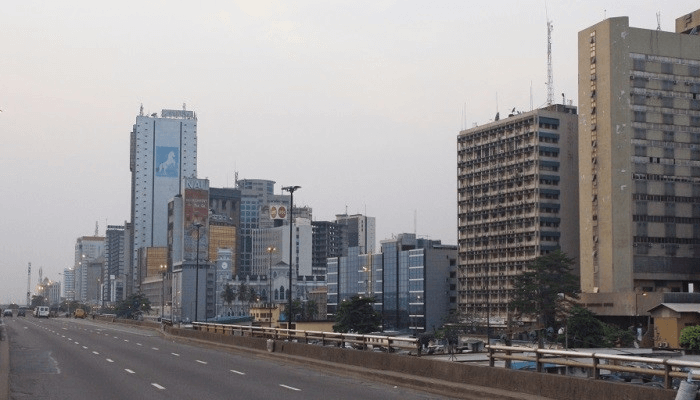Nigerian banks Deposit Money Banks’ (DMBs) total lending to the private sector increased by 18.5 percent year-on-year to N35.7 trillion in December 2021, according to data from the Central Bank of Nigeria (CBN).
The Private Sector Credit Extension (PSCE) covers lending from all sources including the CBN and the state-owned development banks. Although the credit expansion rate is lower than the previous month’s 20.3 percent y/y growth, it is still respectable, said FBNQuest.
Excluding December, analysts at FBNQuest said the trend for credit growth has been upwards. Despite some improvement in credit extension, it is important to note that Nigeria remains underbanked, with just about 45 percent of the population having access to formal banking services, while 36 percent are financially excluded, according to EFinA.
A narrower measure of private sector credit expansion is captured in another series in the CBN’s quarterly statistical bulletin which covers only lending by banks. It shows a total of N21.8 trillion at the end of September 2021, representing 17.8 percent year/year growth.
“We have therefore a gap of almost N13trn to explain, some of which we can attribute to the lag of three months,” the analysts said.
However, increased disbursements under the CBN’s development finance initiatives most likely explain the difference. The latest Monetary Policy Committee (MPC) communique for January 2022 listed cumulative disbursements of N928 billion under the anchor borrowers programme, N1.4 trillion under real sector intervention, and N370 billion under the targeted credit facility (TCF), amongst others.
Read also: Top risks for Nigerian banks in 2022
With respect to the DMBs, one of the reasons for the robust loan growth is that banks had to boost volume (loan) growth to partly compensate for low asset yields.
“We see from our universe of bank stocks that, excluding UBA and Access Bank that delivered meaningful growth, funding income (net interest income) growth for our universe of banks was disappointing, ranging from double-digit year/year declines to low-single-digits, largely because of low asset yields on investment securities”.
A secondary factor, the analysts noted was currency weakness, which adds to the naira equivalent of the industry’s foreign exchange-denominated loans. The oil and gas segment was the principal beneficiary of the loans. DMBs’ loans to the segment amounted to N5.5 trillion at the end of September 2021. Other notable beneficiaries were manufacturing and general commerce.
The data also show that credit growth to the government slowed to about 10.7 percent y/y as at December 2021, its […]
